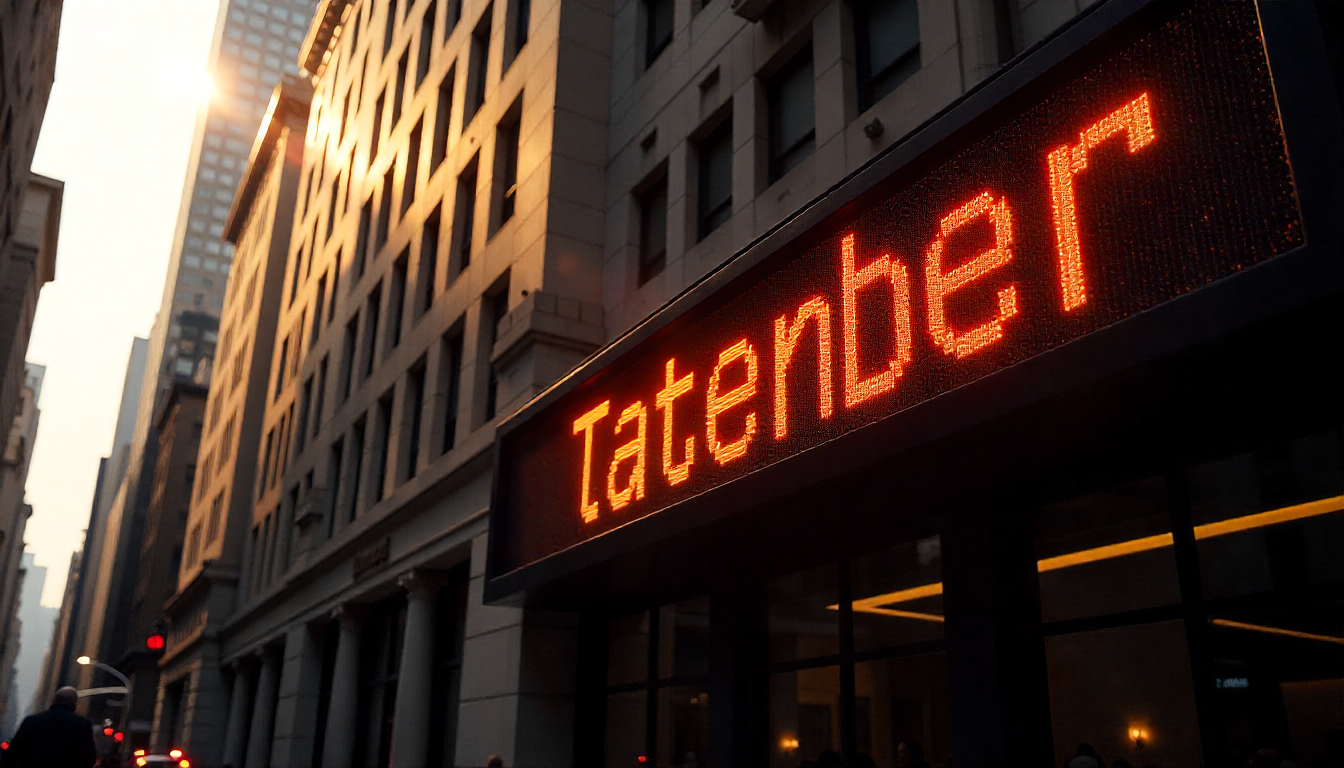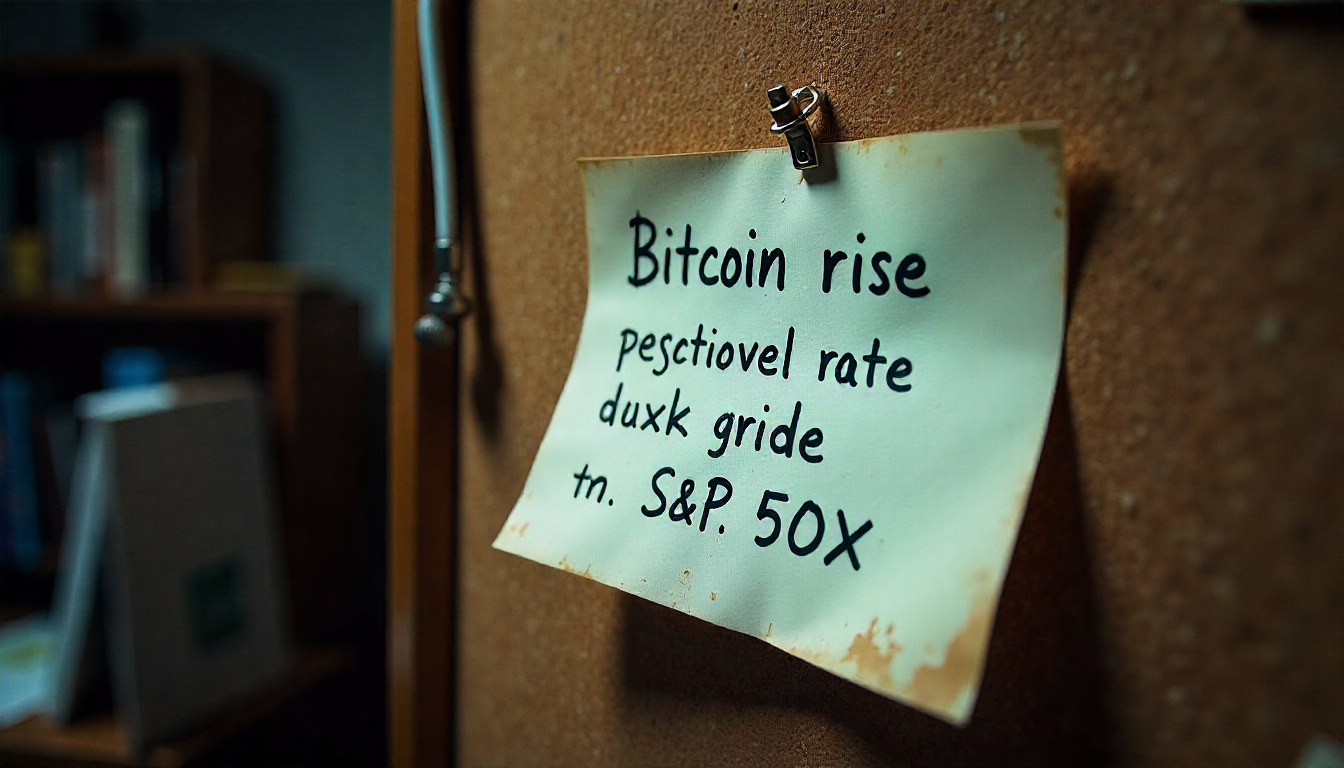Shares of Nvidia took a sharp 8% dive after the U.S. banned its H20 chip sales to China, sending shockwaves through both the equity and crypto markets.
The mood across markets soured late Tuesday as Nvidia’s stock plummeted in after-hours trading, driven by a $5.5 billion charge linked to the Trump administration’s decision to restrict the company’s H20 chip exports to China. This development had a cascading effect on investor sentiment.
Bitcoin, the largest cryptocurrency by market value, dropped to $83,600, marking a decline from its earlier two-week high of $86,440, according to CoinDesk data. XRP, the payments-focused token, followed suit with a 2% dip to $2.08, and Cardano’s ADA fell 4% to $0.61. The broader market, as measured by the CoinDesk 20 Index, lost more than 2%.
Meanwhile, AI-related coins fared even worse, following the steep fall in Nvidia’s shares, which dropped 8% to $89.10. This drop came after Nvidia disclosed in a regulatory filing that it expects a $5.5 billion write-down in the fiscal first quarter due to the new chip export restrictions. The news came a day after unusual activity in Nvidia options hinted at a potential market downturn.
Futures tied to the Nasdaq index also declined by over 1%, offering additional negative cues for risk assets.
Looking ahead, the next market-moving event is the U.S. retail sales report for March, due for release Wednesday morning Eastern time. Economists surveyed by Dow Jones expect a 1.2% increase in consumer spending, a significant uptick from February’s 0.2% growth. A stronger-than-expected retail sales report could alleviate recession concerns stemming from President Trump’s trade war with China and other nations. However, there is a risk that markets may dismiss the data as outdated, especially in light of the recent escalation in trade tensions.
Federal Reserve Chairman Jerome Powell is also slated to speak Wednesday at the Economic Club of Chicago, where he will outline his outlook for the U.S. economy.
“All eyes are on Powell tomorrow,” said Secure Digital Markets in a Tuesday research note. “With the trade war and rising recession concerns, traders are looking for any signs that the Fed may be forced to act faster than anticipated on rate cuts.”
Market-based measures of inflation, such as inflation breakevens, have decreased amid escalating trade tensions, signaling a potential disinflationary effect from Trump’s tariffs. This could give the Fed more flexibility to cut rates.
Earlier this week, Federal Reserve Governor Christopher Waller suggested the central bank could be forced into a series of “bad news” rate cuts if President Trump reintroduces tariffs. Trump announced sweeping tariffs on 180 countries on April 2 but quickly suspended most of them, excluding China, for 90 days.












